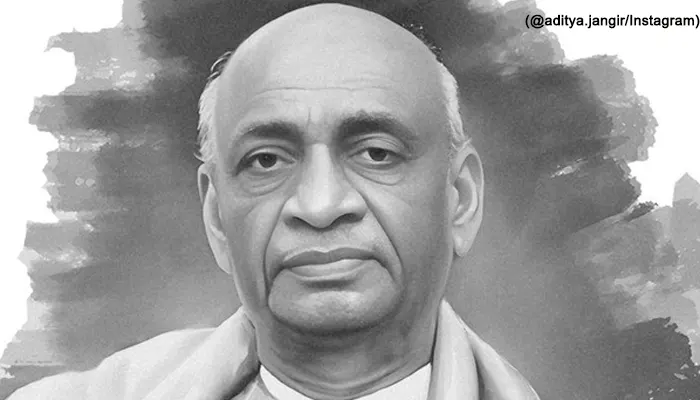
Discover the top business headlines that are trending across the world today!
India’s Forex Reserves Hit Record $705 Billion, Set to Soar Higher Amid Global Uncertainties

India’s foreign exchange reserves crossed the $700 billion mark for the first time during the week ending September 27, reaching a historic $705 billion, according to official reports. These reserves, the fourth-largest globally, have grown due to strong foreign investments in Indian stocks and bonds. The Reserve Bank of India (RBI) has utilized this reserve to stabilize the rupee, curbing excessive currency fluctuations.
Bank of America forecasts the reserves could climb to $745 billion by March 2026, giving the RBI more room to manage the rupee. Analysts Rahul Bajoria and Abhay Gupta note that the central bank is comfortable holding larger reserves to mitigate external risks, as per a Bloomberg report.
While India’s economic growth remains robust, challenges from global uncertainties and inflation persist. Although inflation is easing, food and fuel prices are key areas of concern for the RBI in shaping future monetary policies.
IndiGo Takes Flight with AI-Powered Safety Boost: Real-Time Risk Alerts for Smoother, Safer Journeys

India’s leading airline, IndiGo, has adopted an advanced AI-driven risk management platform to boost operational safety and efficiency. The system employs artificial intelligence and machine learning to process large volumes of data from sources such as open-source intelligence (OSINT) and aviation authorities like the European Union Aviation Safety Agency (EASA). This enables IndiGo to receive real-time alerts and insights on various security risks, ranging from airspace safety to disruptions at airports and cities in its network.
Captain Ashim Mittra, IndiGo’s Senior Vice President of Flight Operations, highlighted the significance of this platform as the airline expands internationally. He emphasized that the safety of passengers and crew is IndiGo's top priority, and the new technology allows the airline to identify risks in real-time and make informed decisions. By integrating this intelligence into flight operations, IndiGo can proactively adjust flight plans, reducing disruptions and maintaining high safety standards.
Sensex Suffers Biggest Crash in Over a Year as Foreign Investors Flee Amid West Asia Tensions

The Sensex faced its steepest weekly drop since June 2022, plunging 3,884 points or 4.5% amid rising West Asian tensions and heavy foreign investor selling. On Friday, the Sensex fell 809 points (1%) to close at 81,688, while the Nifty slipped 0.9% to 25,015.
Over the week, BSE-listed companies lost Rs 16.3 lakh crore in market capitalisation. The Nifty also fell 4.5%, shedding 1,164 points, as geopolitical concerns spurred fears of disrupted crude oil supplies, driving Brent crude futures up to $78.3 per barrel.
The market's decline was further fueled by aggressive foreign institutional selling. Foreign investors sold Rs 15,243 crore worth of Indian equities on Thursday, pushing the market down over 2%. In the last three sessions, foreign outflows totaled Rs 30,614 crore, with investors shifting focus to China, which saw over $13 billion in inflows following stimulus measures.
India Poised for Historic Leap: Per Capita Income to Double in Just 5 Years, Says Finance Minister

India is set to nearly double its per capita income in the next five years, leading to a significant rise in living standards and reduced inequality, thanks to ongoing reforms, Finance Minister Nirmala Sitharaman stated at the Kautilya Economic Conclave. While it took 75 years to achieve a per capita income of $2,730, IMF projections suggest India will add another $2,000 in just five years.
Sitharaman also highlighted the opportunities for India amid shifting global supply chains due to geopolitical changes. However, she warned of challenges, including geopolitical risks in a fragmented world and the legacy of emissions from developed countries impacting India's energy transition.
Additionally, she emphasized the impact of new technologies on labor, which may have deeper economic and social consequences, particularly for India's large young population, as the country strives to create jobs for millions in the coming decades.



.webp)

.webp)






